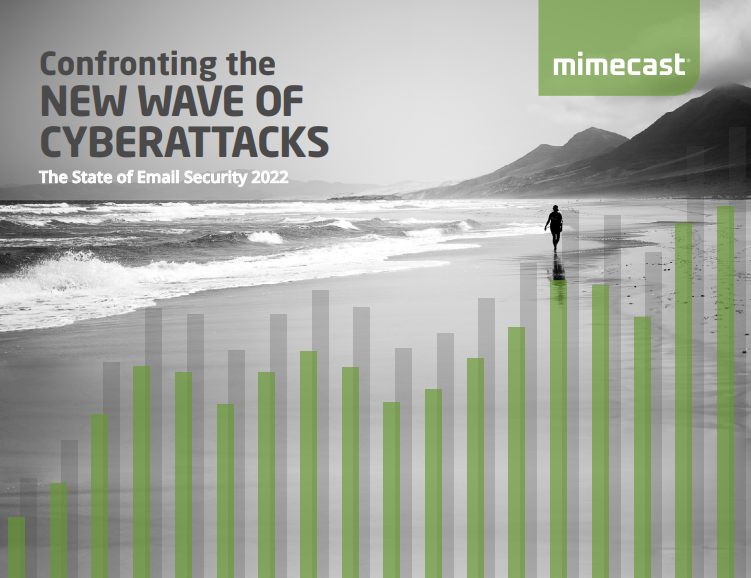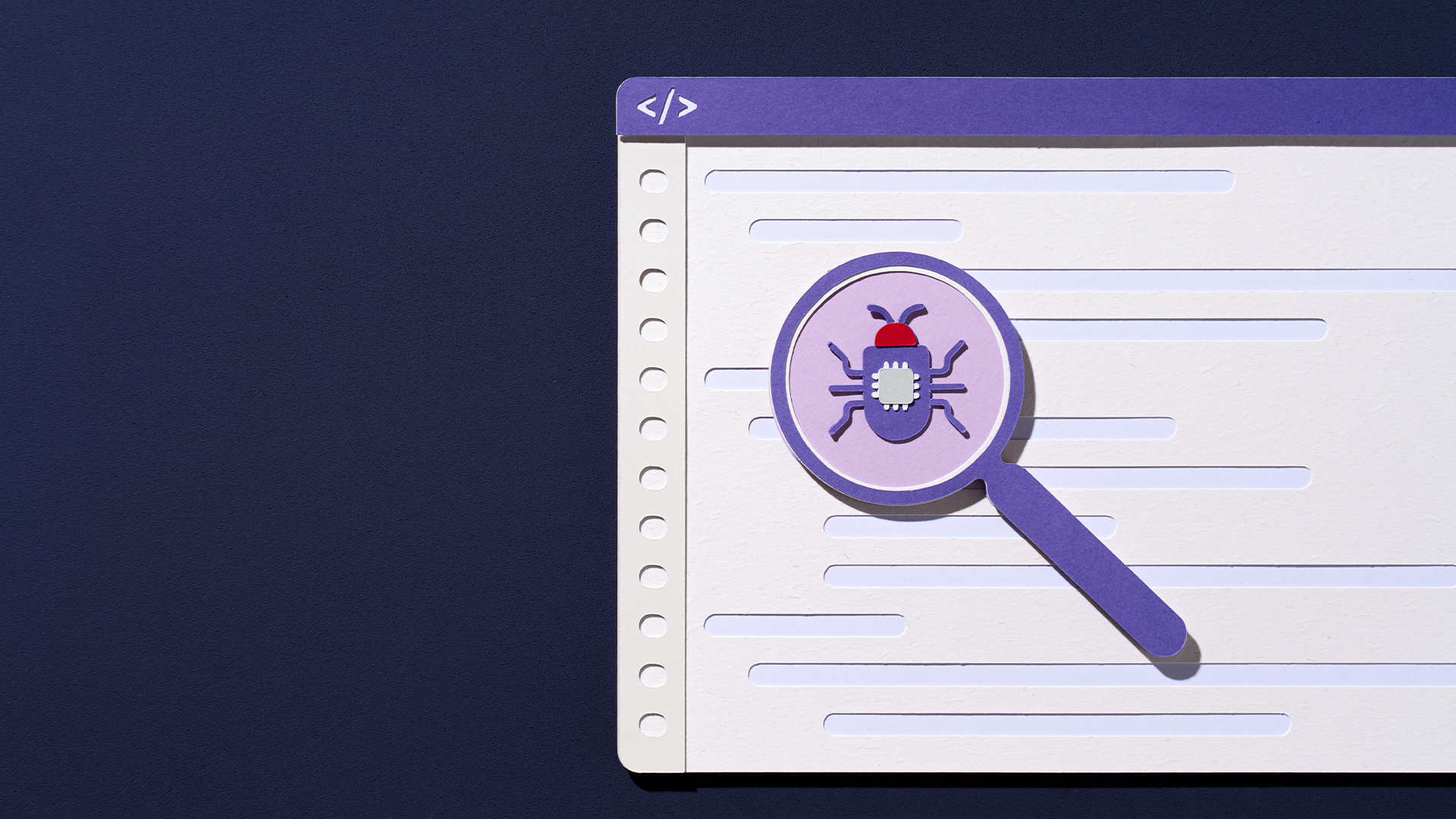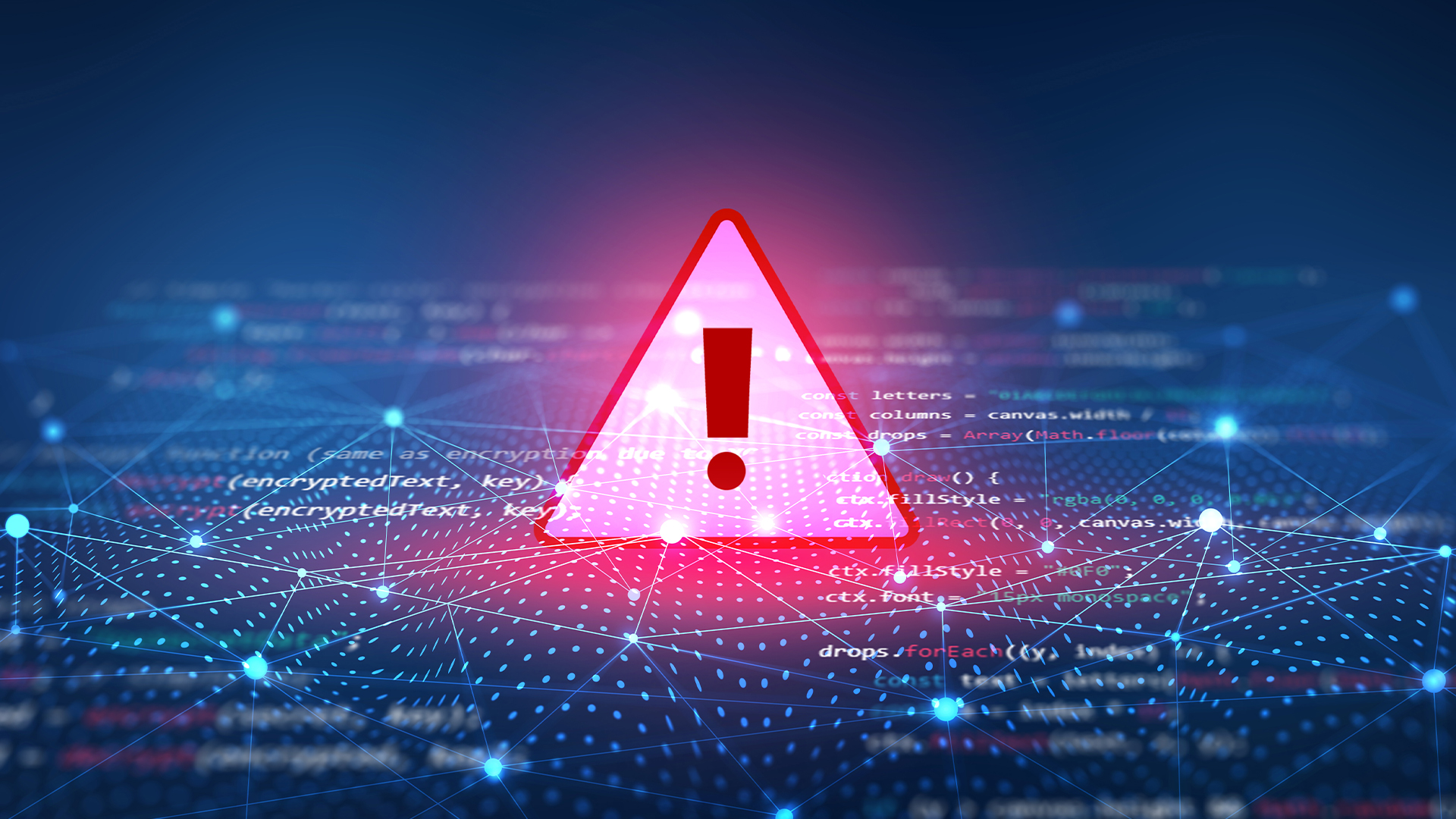LockBit 2.0 ransomware disguised as PDFs distributed in email attacks
Researchers have urged vigilance over compressed attachments sent under false pretenses


Sign up today and you will receive a free copy of our Future Focus 2025 report - the leading guidance on AI, cybersecurity and other IT challenges as per 700+ senior executives
You are now subscribed
Your newsletter sign-up was successful
Researchers in Korea have identified threat actors targeting companies with emails claiming copyright infringement that contain ransomware.
AhnLab Security Emergency Response Center (ASEC) has collected evidence of emails sent to companies with a password-protected compressed file attached, within which lies Lockbit.20 ransomware disguised with a PDF file icon.
RELATED RESOURCE

Although the research pointed to an active campaign by threat actors within the Republic of Korea, the widespread nature of Lockbit 2.0 means there is real potential that the same methods could soon be used to target firms in Europe and the US.
In recent attacks, emails have been spotted carrying a file that appears to contain the images of licensed content in dispute. Such emails may contain the name of actual artists, to add to their legitimacy, and follow a similar scam in which such files were passed off as resumes.
If the user opens the attached file, which has a PDF file icon disguised as a Lockbit executable, it will execute a series of processes to prevent file recovery and register itself to the system registry to keep itself running continuously. The user will quickly find their open processes terminating, and files changing to become unopenable and bear a red letter ‘B’ icon.
Lockbit 2.0 works to encrypt all data, local or externally connected, that doesn’t pertain to core system functions. Files are also uploaded to a server controlled by the attackers, who then a ransom note in the form of a text file urging the victim to pay them money. Of course, there is no way to guarantee that any deal made with the attackers would be honoured, so this is never an advised route for recovering one's data.
Of all ransomware, Lockbit 2.0 poses one of the greatest specific threats to businesses right now, with cyber security advisor NCC Group advising in a recent blog post that across May, Lockbit 2.0 accounted for 40% of ransomware attacks. The Federal Bureau of Investigation (FBI) also released a report earlier this year detailing the specific risks posed by the threat actor and noted the only targets it does not infect are those using Eastern European languages for their systems.
Sign up today and you will receive a free copy of our Future Focus 2025 report - the leading guidance on AI, cybersecurity and other IT challenges as per 700+ senior executives
Smaller businesses are most likely to be affected by this method of attack, as they often lack dedicated legal teams who would be able to identify the legitimacy of the emails. Additionally, employees in smaller businesses are less likely to have received anti-phishing training.
“Lockbit 2.0 has fast cemented its place as the most prolific threat actor of 2022,” stated NCC’s global lead for strategic threat intelligence, Matt Hull.
“It is crucial that businesses familiarise themselves with their tactics, techniques, and procedures. It will give them a better understanding of how to protect against attack and the most appropriate security measures to implement.”

Rory Bathgate is Features and Multimedia Editor at ITPro, overseeing all in-depth content and case studies. He can also be found co-hosting the ITPro Podcast with Jane McCallion, swapping a keyboard for a microphone to discuss the latest learnings with thought leaders from across the tech sector.
In his free time, Rory enjoys photography, video editing, and good science fiction. After graduating from the University of Kent with a BA in English and American Literature, Rory undertook an MA in Eighteenth-Century Studies at King’s College London. He joined ITPro in 2022 as a graduate, following four years in student journalism. You can contact Rory at rory.bathgate@futurenet.com or on LinkedIn.
-
 ITPro Best of Show NAB 2026 awards now open for entries
ITPro Best of Show NAB 2026 awards now open for entriesThe awards are a fantastic opportunity for companies to stand out at one of the industry's most attended shows
-
 Mistral CEO Arthur Mensch thinks 50% of SaaS solutions could be supplanted by AI
Mistral CEO Arthur Mensch thinks 50% of SaaS solutions could be supplanted by AINews Mensch’s comments come amidst rising concerns about the impact of AI on traditional software
-
 Millions of developers could be impacted by flaws in Visual Studio Code extensions – here's what you need to know and how to protect yourself
Millions of developers could be impacted by flaws in Visual Studio Code extensions – here's what you need to know and how to protect yourselfNews The VS Code vulnerabilities highlight broader IDE security risks, said OX Security
-
 Ransomware gangs are using employee monitoring software as a springboard for cyber attacks
Ransomware gangs are using employee monitoring software as a springboard for cyber attacksNews Two attempted attacks aimed to exploit Net Monitor for Employees Professional and SimpleHelp
-
 CVEs are set to top 50,000 this year, marking a record high – here’s how CISOs and security teams can prepare for a looming onslaught
CVEs are set to top 50,000 this year, marking a record high – here’s how CISOs and security teams can prepare for a looming onslaughtNews While the CVE figures might be daunting, they won't all be relevant to your organization
-
 Microsoft patches six zero-days targeting Windows, Word, and more – here’s what you need to know
Microsoft patches six zero-days targeting Windows, Word, and more – here’s what you need to knowNews Patch Tuesday update targets large number of vulnerabilities already being used by attackers
-
 Ransomware gangs are sharing virtual machines to wage cyber attacks on the cheap – but it could be their undoing
Ransomware gangs are sharing virtual machines to wage cyber attacks on the cheap – but it could be their undoingNews Thousands of attacker servers all had the same autogenerated Windows hostnames, according to Sophos
-
 Google issues warning over ShinyHunters-branded vishing campaigns
Google issues warning over ShinyHunters-branded vishing campaignsNews Related groups are stealing data through voice phishing and fake credential harvesting websites
-
 The FBI has seized the RAMP hacking forum, but will the takedown stick? History tells us otherwise
The FBI has seized the RAMP hacking forum, but will the takedown stick? History tells us otherwiseNews Billing itself as the “only place ransomware allowed", RAMP catered mainly for Russian-speaking cyber criminals
-
 Everything we know so far about the Nike data breach
Everything we know so far about the Nike data breachNews Hackers behind the WorldLeaks ransomware group claim to have accessed sensitive corporate data